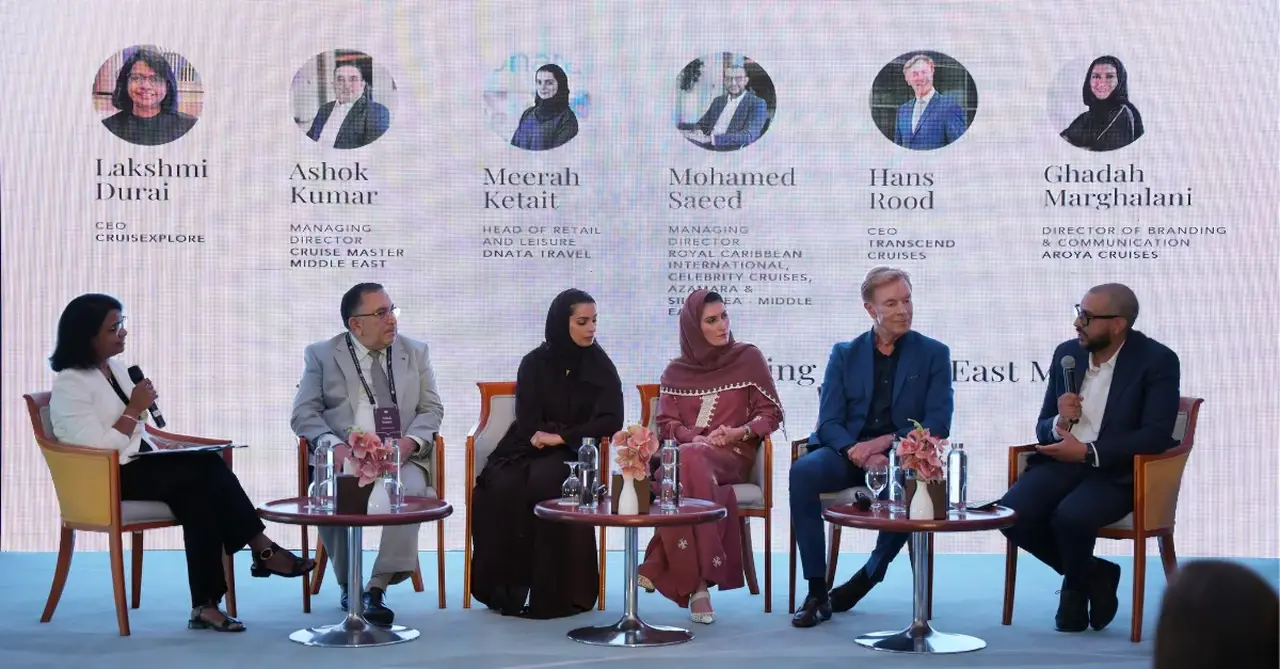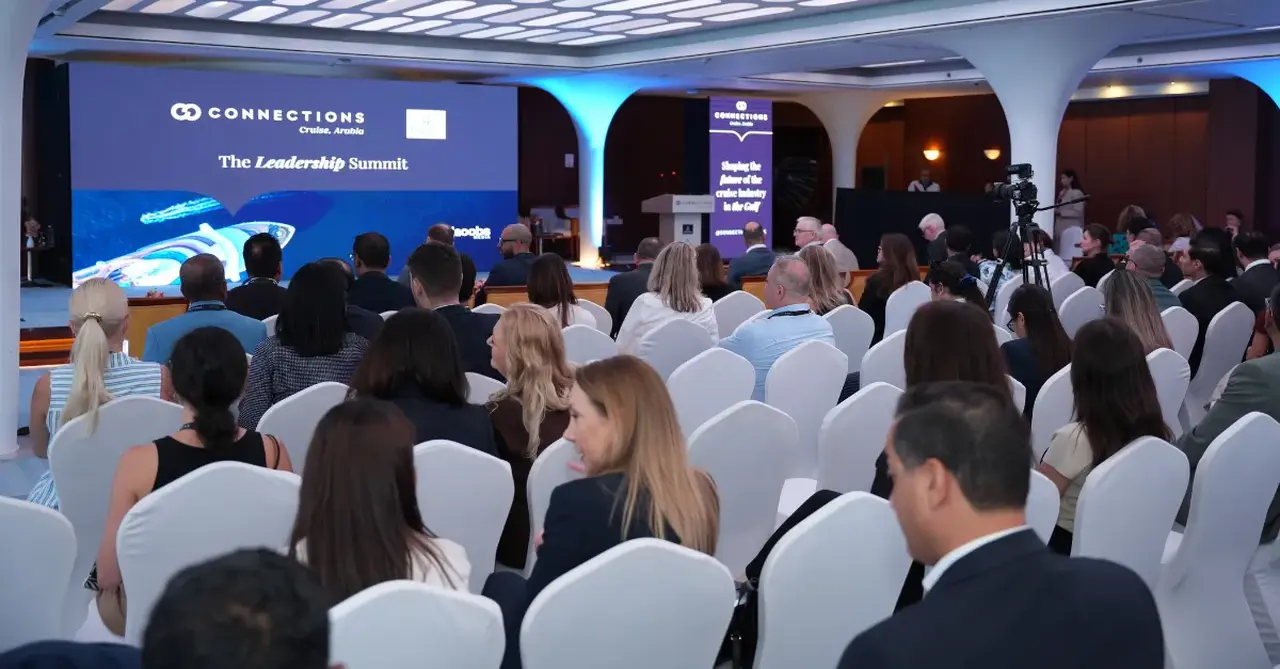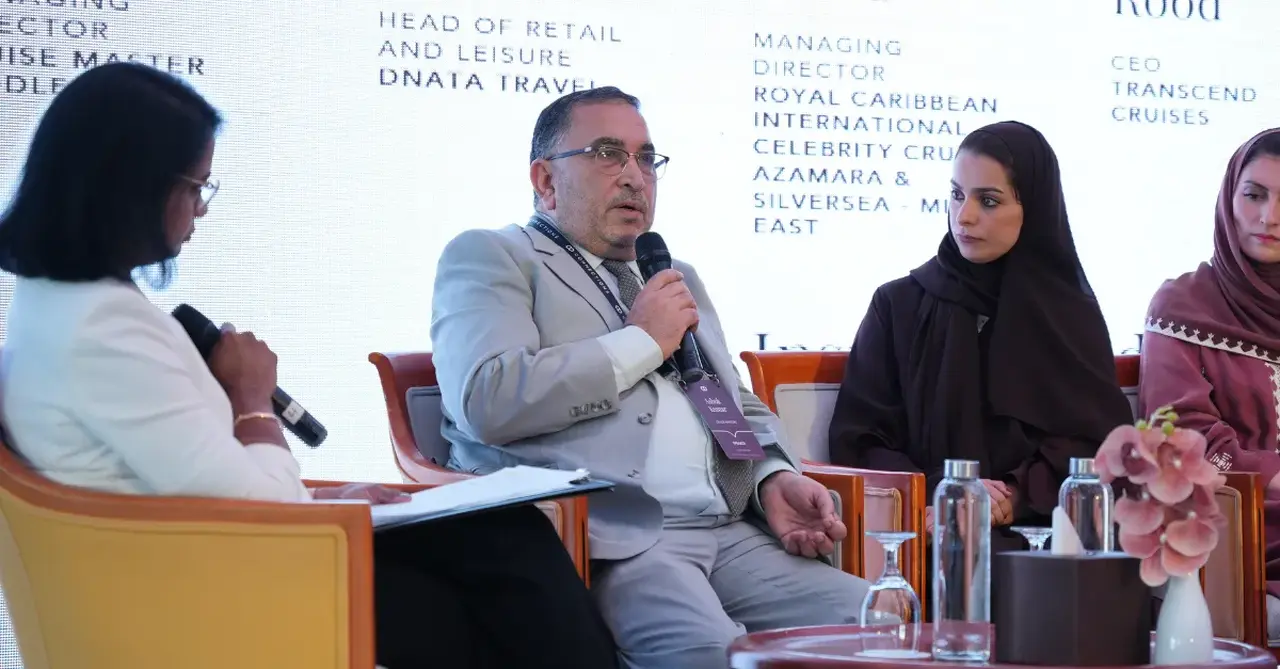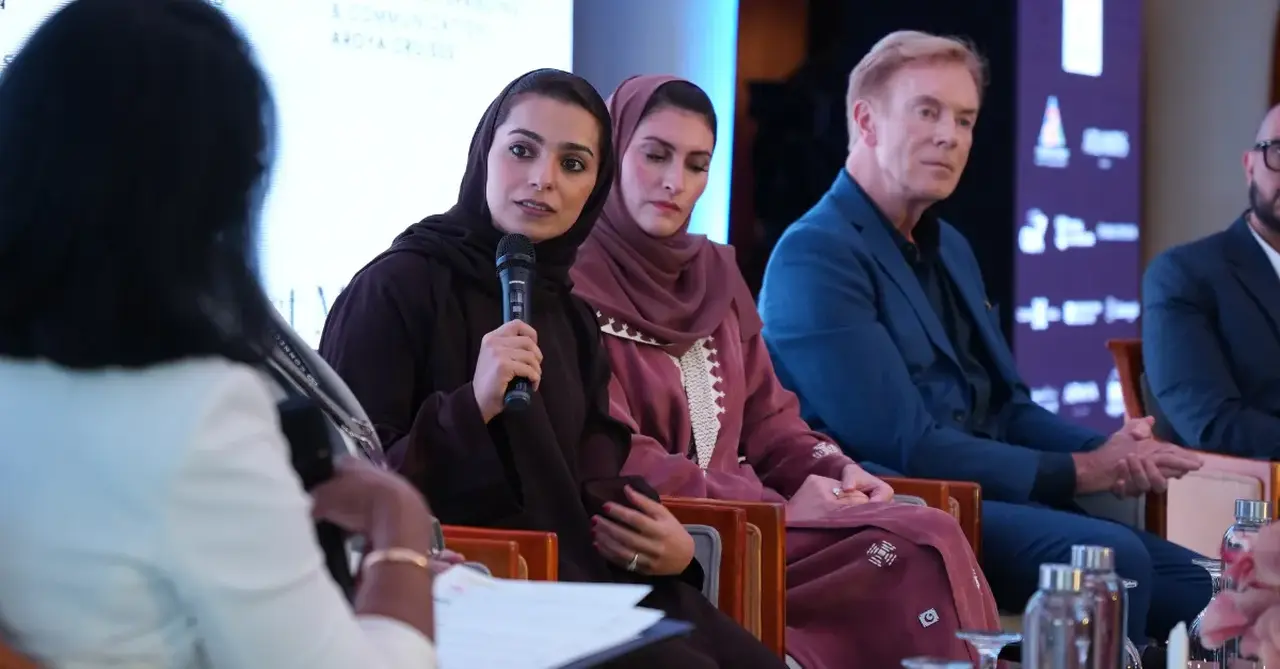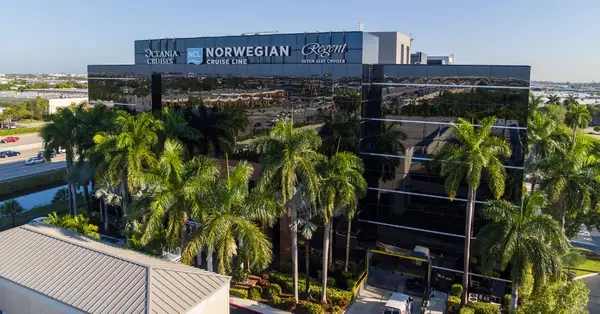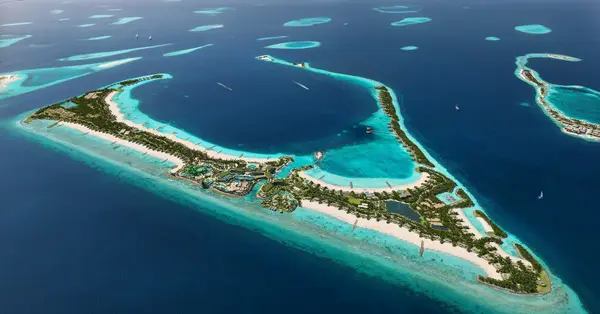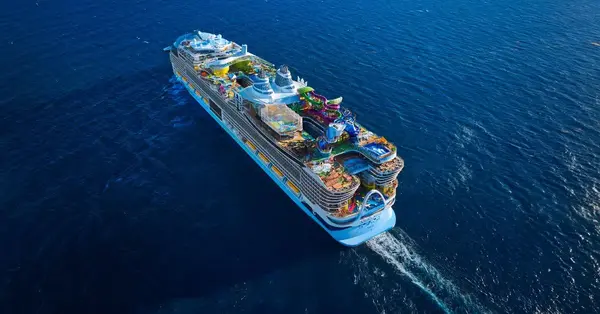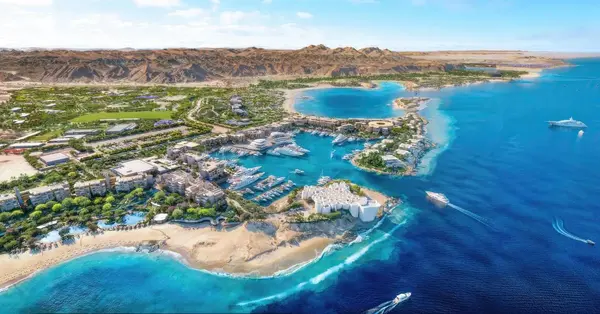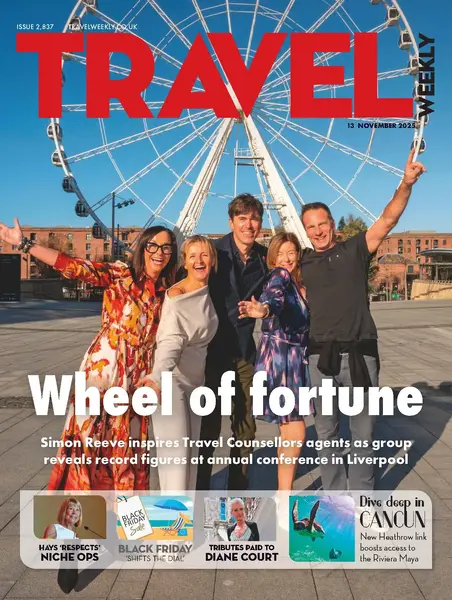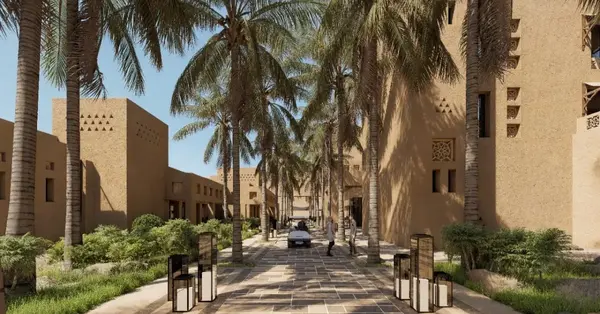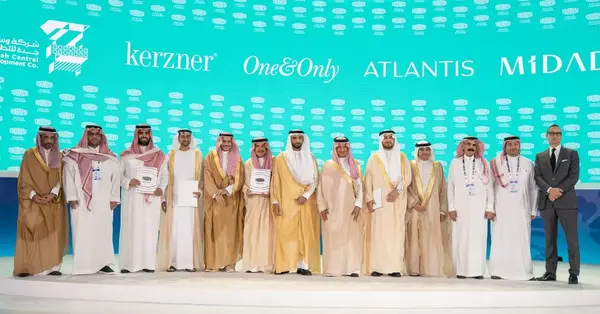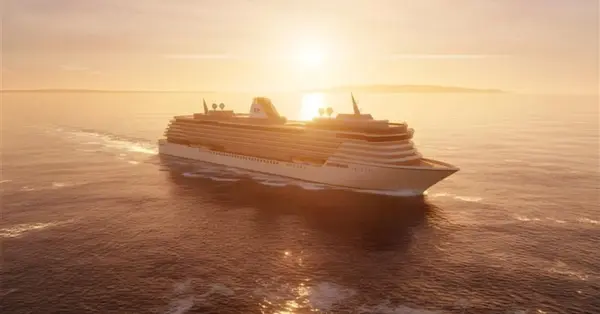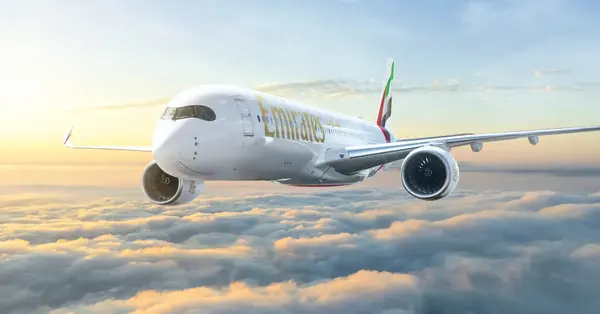You are viewing 1 of your 2 free articles
Dubai cruise summit maps strategies to inspire Middle East markets
Cultural tailoring, agent training and digital innovation key to engaging regional travellers
At the inaugural Connections Cruise Arabia Leadership Summit in Dubai, senior industry leaders gathered to tackle the region’s most pressing challenge: how to grow the Gulf cruise market, where less than 1% of the Middle East population has taken a cruise, far short of the 5% penetration threshold that gives cruise lines confidence to permanently deploy ships in a region.
Taking place on 18 September aboard the QE2, the summit brought together 200 cruise industry stakeholders, with the ‘Inspiring Middle East Markets’ panel exploring strategies to spark regional awareness and enthusiasm for cruising and grow the local market by encouraging a shift from resort to cruise holidays.
Experts on the panel, including senior leaders from dnata Travel, Aroya Cruises, Royal Caribbean Arabia, Cruise Xplore, Cruise Masters, Transcend Cruises and CLIA, agreed the Gulf’s fundamentals are compelling: a young, affluent population, a thriving family and group travel culture, strong air connectivity and significant government investment in tourism infrastructure.
“There is a real appetite here for luxury, prestige and novelty,” noted Lakshmi Durai, CEO of Cruise Xplore and panel moderator.
However, the panel agreed that unlocking the market’s full potential demands a comprehensive strategy that combines streamlining booking processes, enhancing travel agent training and certification, tailoring cruise products to regional preferences, and leveraging digital platforms to boost market engagement and demand.
“Low awareness isn’t a problem, it’s an opportunity for agents and cruise lines to lead the charge in shaping this market,” added Durai.
Last-minute bookings and complex systems
A major challenge hindering GCC cruise growth is the entrenched habit of last-minute bookings, exacerbated by cruise booking systems that remain far more complex than hotel reservations.
“It takes less than 20 seconds to book a hotel room, but around 12 to 15 minutes to book a cruise,” said Mohamed Saeed, Managing Director of Royal Caribbean Arabia, stressing that simplifying this process “must be a priority”.
This complexity, compounded by visa requirements and unpredictable demand surges, puts considerable pressure on both cruise lines and travel agents.
Royal Caribbean reports an average booking window of just 69 days for GCC cruises, resulting in last-minute bookings that can limit availability, especially for families.
Ashok Kumar, Founder and Managing Director of Cruise Masters, said: “For more than 30 years, we’ve negotiated special deals for early bookings, but it’s not moving the needle. When travel partners have full access to inventory, pricing and perks, they can close bookings immediately instead of losing customers to hesitation.”
Training and certification gaps
Recognising the pivotal role of travel agents who account for around 85% of GCC cruise bookings, the panel emphasised the urgent need to both recruit new agents and upskill existing teams.
Saeed elaborated: “The cruise industry in the Middle East depends heavily on agents who not only sell but guide customers through complex bookings and cultural nuances.”
However, revealing a crucial confidence and training gap, Kumar noted: “Less than 10% of agents using central booking tools regularly book cruises.”
Andy Harmer, Managing Director of CLIA UK & Ireland, emphasised trade training’s importance: “If the wrong customer is put on the wrong ship and itinerary, we risk losing them forever.”
He encouraged agents to regularly update their knowledge and pursue formal training.
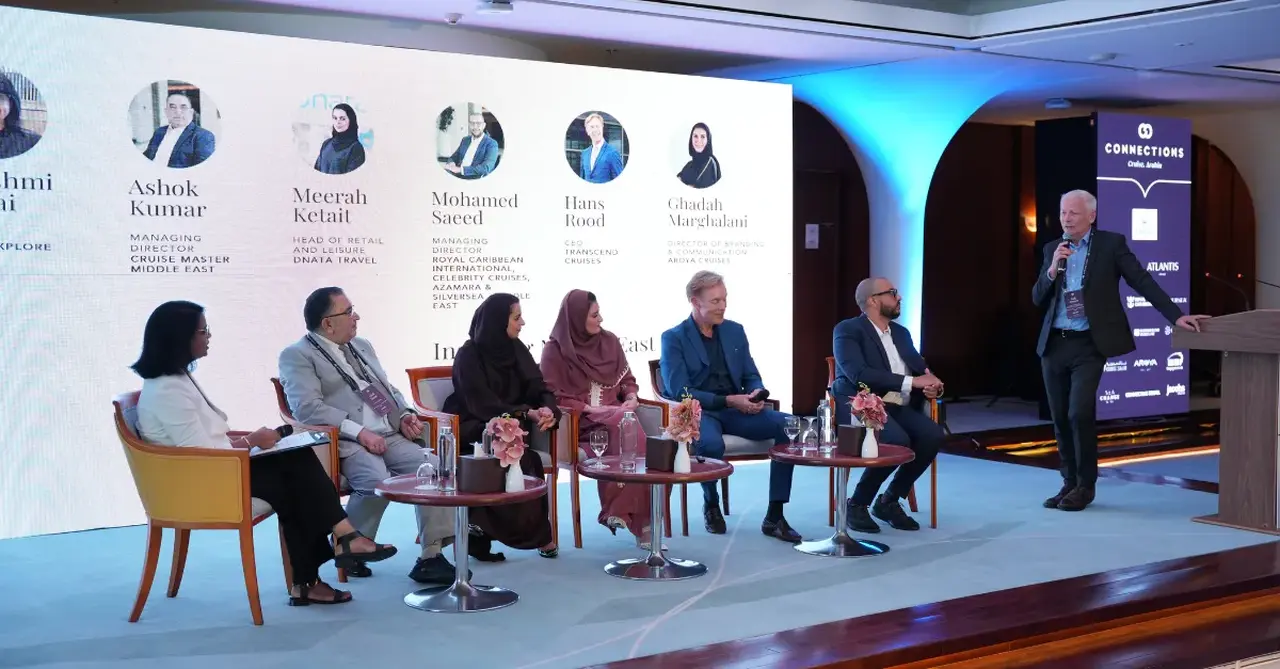 Andy Harmer, Managing Director of CLIA UK & Ireland, speaking to the panel
Andy Harmer, Managing Director of CLIA UK & Ireland, speaking to the panel
While cruise lines and CLIA provide individual training, the panel agreed on the need for a unified regional certification in the Middle East, led by government or leading travel companies such as dnata Travel or CLIA, to professionalise the trade, build trust and empower multi-brand selling.
Such credentials, said the panellists, would streamline training investment, raise industry-wide expertise and enable agents to confidently sell across multiple cruise brands.
RELATED:
How the Middle East can become the next global cruise hub
First dedicated Middle East cruise event spotlights rising regional ambition
Inside Connections Cruise Arabia 2025
Building awareness through digital marketing
The panellists agreed that digital and social media marketing are powerful tools for awareness-raising and engagement among the region’s digitally connected travellers.
Meerah Ketait, Head of Retail and Leisure at dnata Travel highlighted several successful influencer campaigns focusing on luxury and family cruising, while Ghadah Marghalani Director of Branding and Communication at Aroya Cruises pointed to “relatable” user-generated content as a strategy.
“Authentic guest storytelling through user-generated content has been a highly effective marketing tool for Aroya in attracting first-time cruisers,” she said.
However, Saeed cautioned that digital excitement must be backed by knowledgeable agents to convert interest into confirmed sales.
Engaging culturally diverse travellers
Beyond agent training and digital marketing, successfully growing the Gulf cruise market depends on tailoring cruise experiences that appeal not only to international visitors but also to the region’s culturally diverse and affluent local population.
Arabian itineraries must attract both local residents and international inbound markets to spark interest in cruising beyond the region.
Panellists highlighted the success of shorter three- to seven-day itineraries, as implemented by Aroya, Celestyal and MSC. These manageable time commitments entice first-time cruisers while encouraging broader exploration on longer voyages further afield.
However, there was strong consensus on the need to move beyond the familiar weekend destinations and commonly visited excursions that many GCC residents have already experienced. Instead, the panel called for richer, more diverse onshore activities that resonate culturally and engage both new and repeat customers.
Durai stressed the importance of positioning cruising as aspirational while respecting regional customs.
“Cruising must be adapted to local needs, including halal food options, Arabic-speaking staff and modesty,” she said.
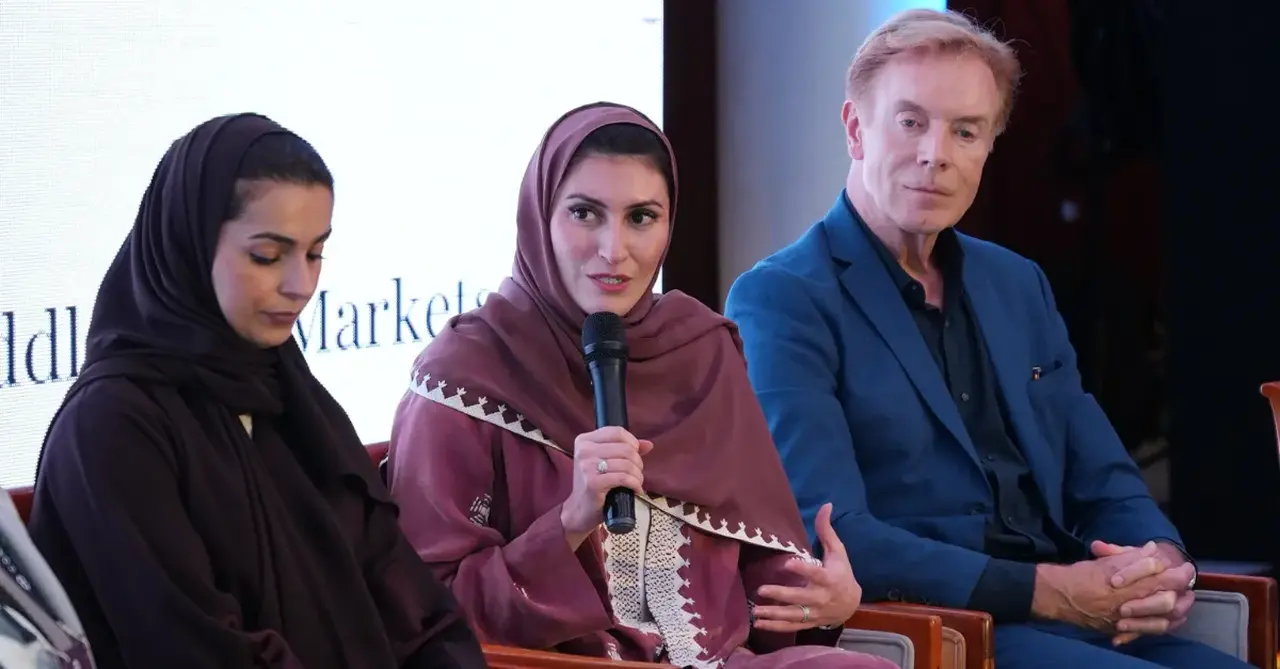 Ghadah Marghalani, Director of Branding and Communication at Aroya Cruises, speaking on the panel
Ghadah Marghalani, Director of Branding and Communication at Aroya Cruises, speaking on the panel
Saeed shared Royal Caribbean’s efforts to embed regional culture onboard, with Arabic-language TV, culturally sensitive programming and playlists tailored to local tastes.
Ghadah Marghalani, Director of Branding and Communication at Aroya Cruises, illustrated how the line has actively incorporated cultural familiarity into its product, from halal cuisine and Arabic-speaking staff to specially tailored onboard experiences developed to deepen connection with regional travellers.
“We are seeing a growing number of new cruisers along with many repeats,” she said, “thanks to a strategy of delivering differentiated experiences to various target segments.”
Marghalani emphasised the importance of thematic cruises such as “Ramadan at Sea”, which align entertainment and schedules with local customs and practices.
Finally, loyalty programmes tailored specifically for the Gulf markets are rising in importance.
Saeed noted: “Generic programmes don’t work here — we need customised offers with family bundles, early booking rewards, and on-board incentives to build lasting customer relationships.”
Saeed praised Aroya for “building the culture” and laying solid foundations for local cruising, enabling increased awareness, penetration and future success.
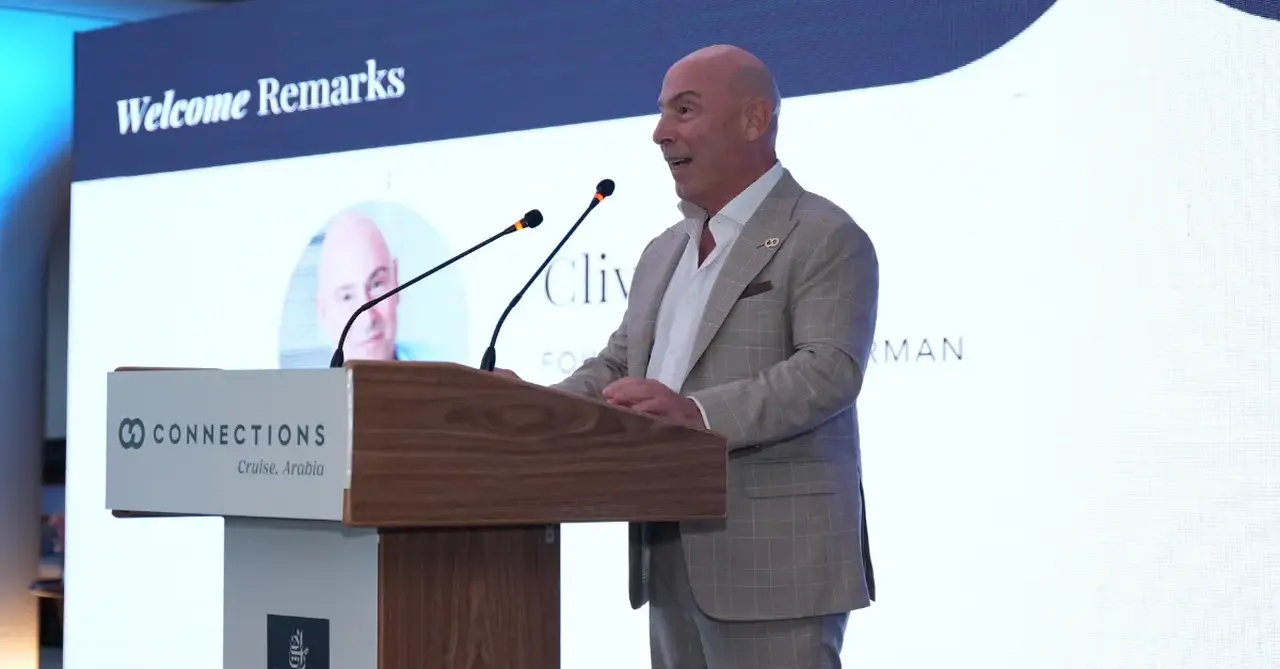 Clive Jacobs, CEO of Jacobs Media
Clive Jacobs, CEO of Jacobs Media
Moving cruise forward
Supporting those efforts, the Leadership Summit unveiled the industry-first Cruise Insight Report, offering global trends, GCC market insights and actionable data from CLIA to help agents inspire the region’s affluent, diverse travellers.
Momentum from the event sets the stage for an expanded two-day Connections Cruise Arabia 2026, expected to attract more than 300 senior leaders from across the global cruise and travel ecosystem to further shape the Gulf’s cruise future.
The event and accompanying report were supported by Emirates, Atlantis Dubai, Cruise Lines International Association (CLIA) and leading cruise lines including NCL, Royal Caribbean, Celebrity Cruises, Silversea, Crystal, MSC, Celestyal and Ponant.
For more information, visit connectionsluxury.com/cruise-arabia

